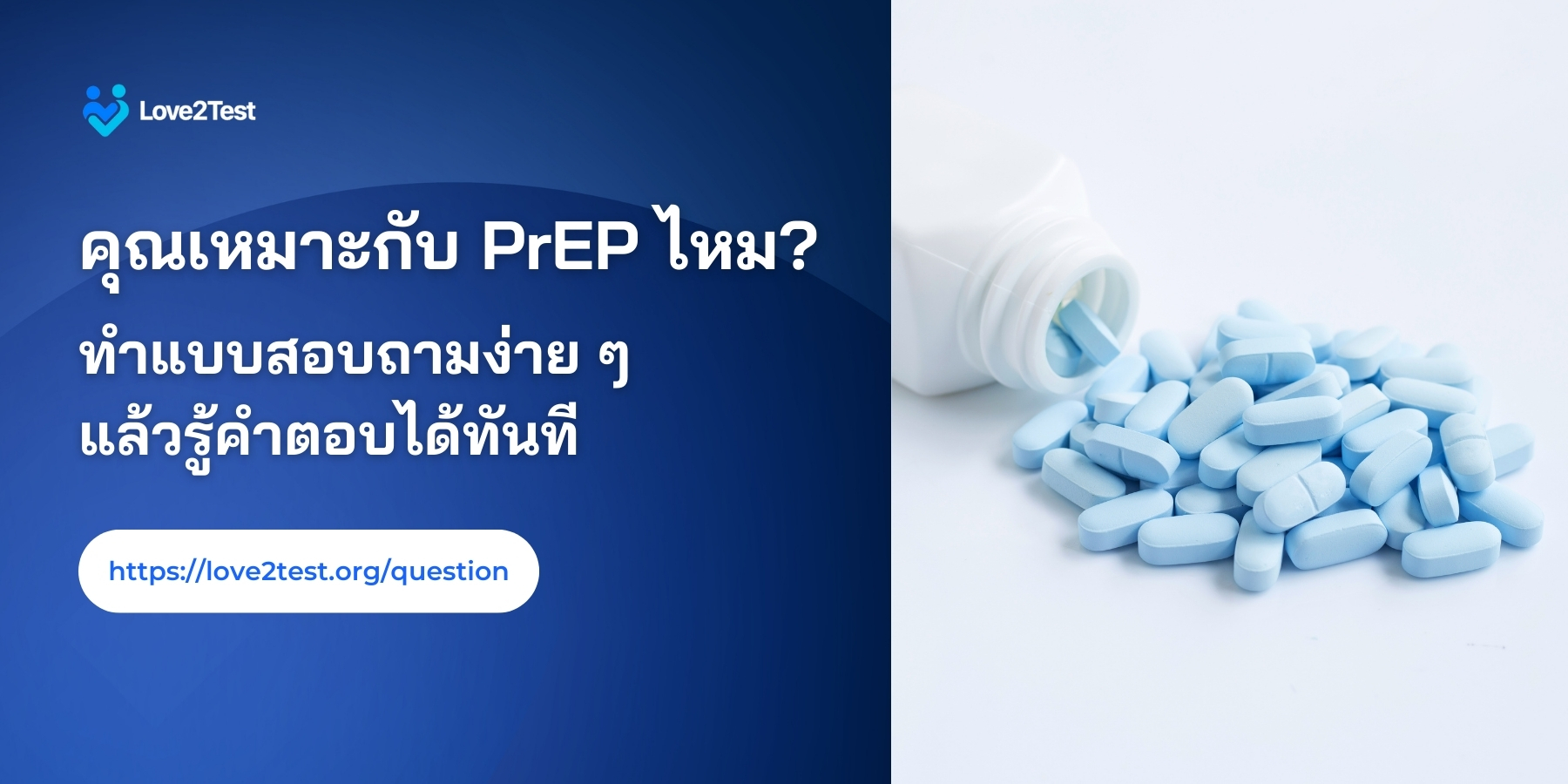The event organized by Queer Youth Assemble, a nonprofit serving LGBTQ individuals under 25, is a response to a wave of state legislation introduced by Republican lawmakers over the past three years. These laws aim to restrict which sports teams transgender students can join at school, limit minors’ access to gender-affirming care, and ban teaching LGBTQ-related topics in schools.
Alia Cusolito, co-president of Queer Youth Assemble and one of the main organizers of the march in Washington, D.C., said, “We’re used to being talked about all the time, but we’re never included in those conversations.” The march is set to begin at 3 p.m. ET at Union Station.
Cusolito, 17, uses gender-neutral pronouns and is a junior at Old Rochester Regional High School in Mattapoisett, Massachusetts, on the state’s southern coast. They stated that ignoring the voices of LGBTQ youth has allowed lawmakers to spread false narratives portraying lesbian, gay, bisexual, transgender, and queer individuals as harmful. “The real truth is that all we want is to live safely and happily,” they said. “We have no hidden agenda. We just want to exist and ensure everyone is supported and safe in this world.”

Laws Targeting Transgender Youth
So far this year, state lawmakers have introduced over 400 bills targeting LGBTQ groups, with more than half specifically aimed at transgender individuals, according to the American Civil Liberties Union and a research group tracking legislative actions. Over the past three years, 19 states have enacted bans preventing transgender students from participating in school sports teams aligning with their gender identity, and in the last two years, 11 states have prohibited gender-affirming healthcare for minors, per the Movement Advancement Project.
The “March for Queer and Trans Youth Autonomy” outlines demands on its website. Among them, organizers are calling for lawmakers to amend Title IX, the federal law prohibiting sex discrimination in publicly funded education programs, to explicitly protect against discrimination based on sexual orientation and gender identity.
The march also seeks to “end state-sponsored misinformation about transitioning and gender-affirming healthcare” and calls for teachers, parents, and peers to maintain confidentiality around others’ gender identity, sexual orientation, and related aspects. However, an increasing number of states and school districts have proposed or passed policies requiring school staff to notify parents if a student requests to use a different name or pronouns.
LGBTQ youth say these laws harm their mental health and well-being. A January survey by The Trevor Project, an LGBTQ youth suicide prevention and crisis intervention organization, revealed that 86% of transgender and nonbinary youth reported that recent debates over laws targeting transgender rights negatively affected their mental health. Another Trevor Project survey conducted last fall found nearly 20% of transgender and nonbinary youth had attempted suicide in the past year.
Kristie Khan, who lives in western Kansas near the Colorado border, plans to join the march in Wichita on Friday while remembering her transgender son, Kai, who died by suicide a year ago. Kai loved music, was a talented artist, and was studying phlebotomy at Barton Community College with aspirations to become a nurse.
After his death, Khan started a TikTok account to share her and Kai’s story.
“I’ve had so many transgender youth reach out and tell me, ‘I wish I had a parent like you,’ and ‘You give me hope. I’ve been there; I feel like I’m your son,’” Khan said. “That’s my driving force now. I don’t want to see another child feel like that’s their only option and that no one is there for them.”
The Trevor Project’s 2019 study found that LGBTQ transgender youth with at least one accepting adult were 40% less likely to report a suicide attempt in the past year. In 2020, the organization found that youth with access to at least one LGBTQ-affirming space were 35% less likely to attempt suicide, with LGBTQ-supportive schools having the strongest correlation to reduced suicide attempts.
Esmée Silverman, co-president of Queer Youth Assemble, uses “they” and “she” pronouns and became an advocate during their freshman year of high school after contemplating suicide and coming to terms with their gender identity.
“I didn’t feel like I deserved a place in this world,” said Silverman, now 21 and a sophomore at Reed College in Portland, Oregon, studying religion. That changed when they joined their school’s GSA (Gender and Sexuality Alliance), a club for LGBTQ students.
“They gave me my life back,” Silverman said. “It showed me I wasn’t alone. It showed me I’d always have a community, and it showed me I had a home.” They hope the march offers transgender youth the same sense of community and solidarity, fostering a collective commitment to safety, freedom, and happiness.
Samira Burnside, 16, and her father plan to drive 13 hours from their home in Tampa, Florida, to Washington, D.C., so she can speak at the march. She wants to use her voice after witnessing debates by the Florida Board of Medicine that ultimately resulted in a ban on gender-affirming care for minors.
Burnside, who is transgender, said that just before the ban went into effect earlier this month, her doctor decided to stop providing her hormone therapy. She struggled to find another provider and feared that without being under medical care, she wouldn’t qualify for continued treatment under the new rules. She eventually secured a 9 p.m. appointment with a provider just hours before the ban took effect at midnight.
Burnside has two key messages she plans to share during the march.
- First, she states, “Trans people are people, and we are here, and we are willing to fight for our rights.”
- Second, she addresses Democratic lawmakers: “I want them to know that we will not continue to support them unless they act as representatives and truly represent us, because we are under attack, and we need allies who take action.”
According to the NBC News Exit Poll in 2022, Democrats received overwhelming support from self-identified LGBTQ voters, with 84% backing the party compared to just 14% for Republicans.
Ultimately, Silverman says the simplest goal of the march is to spark a conversation. “We want lawmakers to treat us fairly,” they said. “We want to have conversations with people who disagree with us. That’s the way forward—conversation, emphasizing love and compassion, and building personal connections that transcend all identities.”
Source: NBC News


